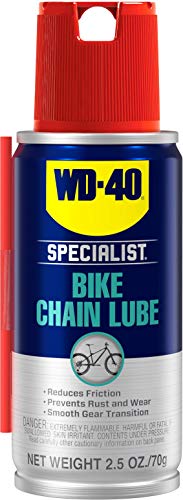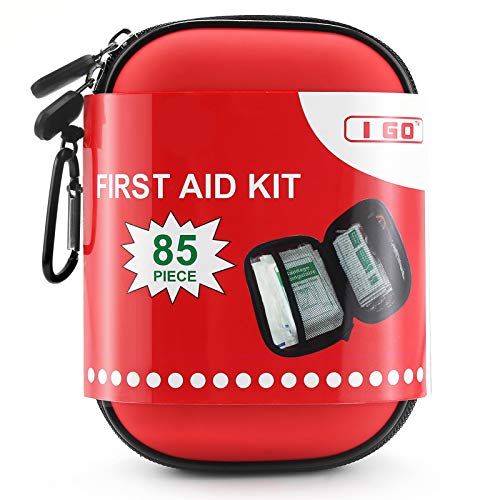This is from Mikuni Site
Backfires in Exhaust
Note:
It is normal for many high performance exhaust systems to moderately backfire or pop when the throttle is closed from mid-to-high rpm. In fact, one should expect a well-tuned high performance engine to "pop" and "crackle" when the throttle is closed at high rpm.
The popping is a result of the air/fuel mixture becoming very lean when the throttle is closed and the engine is rotating well above idle speed. It is also necessary that the exhaust system have rather open mufflers.
Why This (normally) Happens:
1) When the throttle valve is in the idle position, fuel does not flow out of the main system (needle, needle jet, main jet). Fuel is only delivered to the engine by the pilot (idle) system.
2) The combined effect of the closed throttle and elevated engine rpm is to create a fairly strong vacuum in the intake manifold. This vacuum, in turn, causes a high air flow rate through the small gap formed by the throttle valve and carburetor throat.
3) Under these conditions the pilot (idle) system cannot deliver enough fuel to create a normal, combustible air/fuel ratio. The mixture becomes too lean to burn reliably in the combustion chamber. It gets sent into the exhaust system unburned and collects there.
4) When the odd firing of the lean mixture does occur, it is sent, still burning, into the exhaust system where it sometimes ignites the raw mixture that has collected ---- the exhaust then pops or backfires.
5) Completely stock Harleys do not do this until open-end mufflers, such as the popular Screamin' Eagle slip-ons, are installed. The exhaust must be both free-flowing and have an open exit for the popping to occur.
Other possible causes:
Air Leaks:
Any source of fresh air into the exhaust system can create or worsen the conditions that bring about exhaust backfiring. The most common entry point is the junction of the header pipes and mufflers. Even a small air leak can dramatically increase the intensity or likelihood of exhaust system backfiring.
A high temperature silicone sealant, as can be found in many auto parts stores, may be used to seal the pipe/muffler junction.
Lean Carburetion:
While exhaust system popping may be considered normal, it is certainly made worse by an overly lean idle circuit.
Be sure that your carburetor's pilot jet is the correct size and that the idle air mixture screw is correctly adjusted before looking for other causes of popping. The procedure for adjusting the pilot circuit is covered in the Tuning Manual.
Ignition:
If exhaust system popping is very loud, irregular and accompanied by loss of power, then you should suspect that the ignition system is not performing as it should. If, for some reason, the ignition sometimes fires at the wrong time, then exhaust popping can become very energetic (loud). Look for failing high tension leads (plug wires), failing ignition coil(s) and especially switches or connectors as possible causes.



























![Flaviao Motorcycle Phone Mount, Bike Phone Holder [Not Block Camera] for Electric Scooter Mountain Dirt Bike and Motorcycle Compatible with 4''-7'' Wide Smartphones](https://m.media-amazon.com/images/I/41oBHGeu9YL._SL500_.jpg)



![Bike Phone Mount Holder, [Camera Friendly] Motorcycle Phone Mount for Electric Scooter, Mountain, Dirt Bike and Motorcycle - 360° Rotate Suitable for iPhone & Android Smartphones from 4.5-7.0 inches](https://m.media-amazon.com/images/I/51ZirRrsA+L._SL500_.jpg)


![LISEN Bike Phone Holder, [2024 Upgrade] Motorcycle Phone Mount, Bicycle Phone Holder, Handlebar Phone Mount, for iPhone Bike Mount, Bike Accessories, Bicycle Accessories for iPhone 4.7-7"Phone, Black](https://m.media-amazon.com/images/I/41FJGrZQ5ML._SL500_.jpg)








